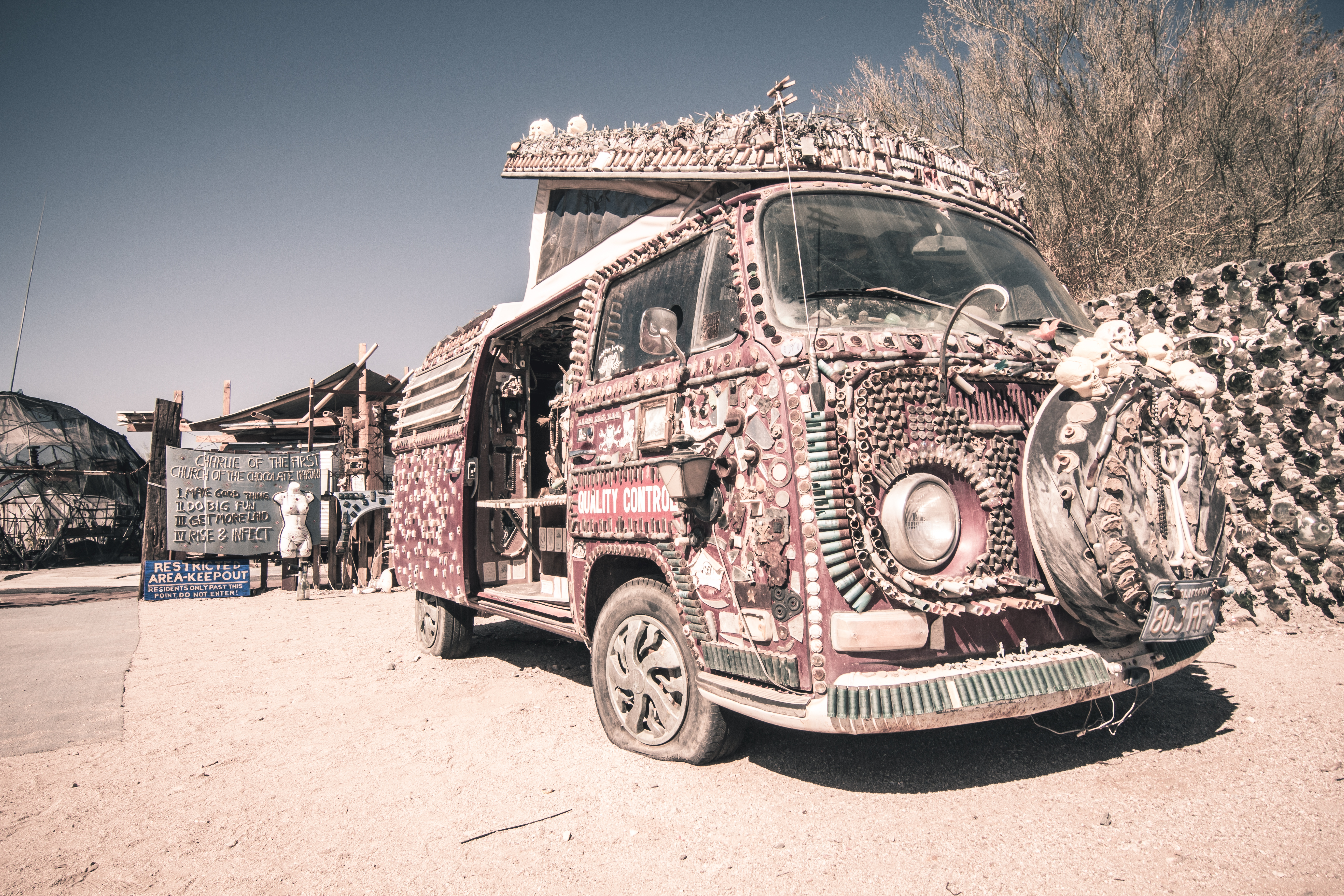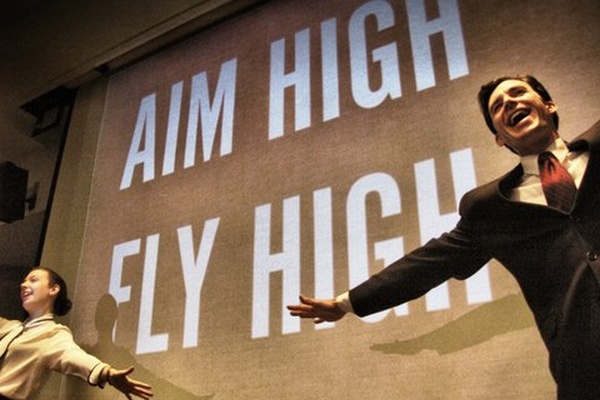We've finally arrived at the post-governed era.
Though governments still function, international relations and law have reached a point of complexity and fragility that our domestic policy is essentially a thing of the past. The public's needs are served increasingly by for-profit actors in the private sector, a situation the deep state has no incentive to change.

In the increasingly dysfunctional market, monopolies are the norm. At the top of the Standard, Poor, & Vanguard's 50 index sits Vetica Inc, an IT/consulting conglomerate that bought all its competition and acquires any new software and design firms within 18 months of their inception.
Public opinion of Vetica is most negative among people who can't explain precisely what it is they do, which is most of them. I will say that a researcher I know who looked into their business practices was surprised at how unusually positive a force they are, compared to other companies--they stick more closely to their policies, pay their employees more than average, and generally play less lawsuit theatre than has become the norm. Of course, "the norm" is pretty dismal, so this doesn't mean much.
The reclusive CEO occasionally emerges to dispel negative impressions, which of course just makes things more nebulous.

In the face of this poverty of public intellectual pursuit, a few of the country's most righteous (and self-righteous) leading engineers and materials scientists have attempted to replace the long-defunct NSF, NASA, and NIH. They pooled their resources to form the Gestell Project, which coordinates and funds useful endeavors not yet certain or profitable enough for the private sector. Their continued existence is due in part to unusually effective collective coordination, for a group their size, but their status as a fund relies on continued manufacturing contracts from Vetica, at this point.
(Author's note: we're pretty sure Gestell is the reason we aren't all dead.)
Unfortunately, that's about all we have in the way of real institutions these days. At least drinking water is still mostly clean.
The only other good news we have is that we know of two groups, both decentralized, that are strong enough to have stuck around this long.
One calls themselves Ur. The not-unbiased author of this account believes that Ur is at least three or four different strains of ideas that are willing to tolerate, or at least ignore, the presence of the others. The most prominent projects referencing Ur are as follows:

1. Apocalypse Now: what first started as a Mad-Max-themed desert rave is now the largest of the off-grid waste space encampments, and certainly the most impressive, given their complete lack of organization. In our experience, decisions there are made mostly by doing things without asking, or by yelling a lot when someone doesn't ask you before using your thing. Also guns--they hosted the National Rights and Rifles Association bipartisan conference in its inaugural year. Cult status: nowhere near organized enough to run a cult.
2. The Club, a men's support group and weapons-based MMA sparring organization, with spaces popping up in most metropolitan areas. Cult status: more religion than cult. Known ex-members still praise their efforts, but very few leave the group.

3. The Frayed Nots, an improv troupe of charismatic self-help gurus who use their comedy legend status to advertise controversial personal development seminars. Cult status: unclear.
Local punk scenes usually have a smattering of Ur patches across their members, and one of our researchers has data suggesting that 10% of all urban graffiti involves Ur homage of some sort. Whatever Ur is. Word is the ICP are working on a related concept album as we speak.
We also have word from one of our less reliable sources that increasing numbers of Club members have been hired into major PR and law firms, forming something of an underground network there now.
I'll spare you further editorializing. You get the idea.
The second group is us, the Sabine Collective. I won't pretend to be impartial here--as I see it, we are the eyes and ears of the one networked intelligence left trying to understand the world as it is and help it work better in small ways, in hope that someday it will function again as a whole. My contacts within the Collective are writers, illustrators, filmmakers, and researchers. Elsewhere we are craftspeople, librarians, good designers (not Vetica bullshit), quiet activists, and an intelligence branch I know little of (for my own safety, as much as theirs). None of us make a living with these obsolete skills, of course--and that is why the collective exists.
Thus far, we've been inoffensive enough not to attract the attention of anyone who might see us as a threat--not much of anyone sees us at all, really, the way that no one really sees a mycelium, only a quaint dispersion of plants.
But perhaps not for long. A friend in Collective coordination told me, the other day, that there's a chance we'll be joining forces with another group for a much more visible project. She was cagey when I dug further, though. I don't think there's anyone else out there like us--we'd have found each other by now--and what other group could we stand to benefit from working with?




